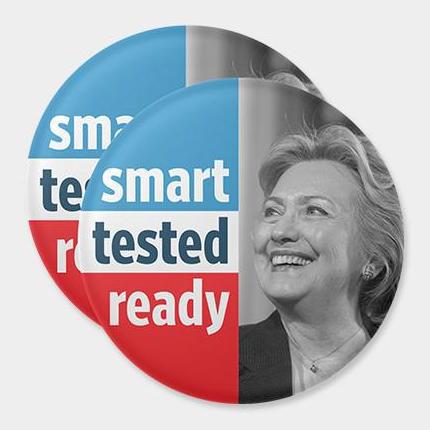

In the digital age, social media skills are crucial for marketing purposes and personal branding alike, experts say.
But not everyone grew up with social media, and for some adults, using the various platforms out there doesn’t come so naturally.
“What we’re finding is there’s a large number of people out there with passion and talent but who were trained in non-digital media, or earned their degrees 10 or 15 years ago,” says Michael Weigold, director of online graduate programs at the University of Florida’s College of Journalism and Communications, which offers an online master’s in social media.
That’s where online learning might come into play. There are plenty of options out there for those looking to boost their social media skills.
Whether it’s a free class or a certificate program in social media marketing, adults can turn to online education to learn how to use platforms such as Facebook, Twitter and Instagram professionally or personally. Those who already have knowledge of social media can use online education to dive deeper into the subject or pursue a career in the field.
Different types of online classes, however, provide different outcomes, and the one an online student ultimately chooses will depend largely on his or her class format preferences and desired outcomes. Here are a few categories of online courses in social media.
[Explore degree options to major in social media.]
• MOOCs and free online content: There are many resources at no charge that offer online learners basic insight into social media – but often with little to no interaction with an instructor.
For instance, through Coursera, a major provider of massive open online courses, or MOOCs, students can take free, self-paced online classes. Similarly, Ireland-based free online course provider ALISON offers several introductory courses, ranging from “Using Twitter” to “Social Networking and Viral Marketing Using Facebook.”
Free classes are readily discoverable online. For instance, the company Hootsuite, a social media management tool, offers a free course in social marketing training and another in using their flagship service.
• Paid, non-university affiliated courses and certifications: Plenty of standalone online courses in social media exist at lower prices than what an online learner might get, for example, from a college or university.
Some programs, including Hootsuite, also allow students to pay for certificates of completion if they pass an exam – similar to the Social Media Marketing Specialization certificate offered by Coursera and Northwestern University, which requires students take five MOOCs and complete a capstone project. Students can mention or display the credentials on their resumes or LinkedIn profiles.
[Discover the features you can now get by paying for MOOCs.]
On SocialMediaOnlineClasses.com, which focuses mainly on social marketing for small businesses, general membership – providing full access to courses, webinars and infographics – costs about $400 a year, with other options available. The online certification program costs almost $900 for a one-time payment, with up to a year’s access to classes, along with private coaching, among other features.
Similarly, Udemy, a marketplace for online courses, has numerous low-cost options, many for less than $25. Gregory Boutte, the company’s vice president of content, says he’s seen a surge in online classes in social media in the past few years. Udemy now offers nearly 900.
When it comes to choosing a standalone course or certificate program, it’s important to ask the right questions beforehand, says Maria Peagler, founder of SocialMediaOnlineClasses.com. She and other experts suggest prospective students ask to first “sample” an online class to ensure that the format is what they are looking for.
Given the constantly changing nature of social media, experts also say it’s essential to ask how frequently online course content is upgraded in a given program. In addition, non-university-affiliated online courses aren’t as likely to require live or in-person sessions as are programs offered through well-known schools, experts say.
• University certificates and degrees: Getting a master’s degree in social media not only teaches students about social media but also how to apply that knowledge to real-world situations under the guidance of a professor, says Weigold, of UF. Other schools also offer partially or fully online graduate-level degrees in the field; for instance, Southern New Hampshire University and Excelsior College both offer online MBAs with social media concentrations.
In contrast, an online certificate requires less time, is generally cheaper and focuses on more specific skills, experts say. Degrees usually offer greater insight and more advanced course opportunities.
[Learn how to choose between an online graduate certificate and degree program.]
Rutgers, The State University of New Jersey—New Brunswick also offers an online “mini-MBA” certificate in social media marketing for about $3,500. Southern New Hampshire University likewise has an online graduate certificate for almost $1,900 per course, with four required.
For Kimberly Devitt, a marketing professional living in Orlando, Florida, who’s pursuing the online master’s at UF, it’s the class discussions and student-to-student interaction in the university-affiliated program that’s benefited her the most.
“I feel like I learn just as much from my peers as I do my instructors, if not more,” she says.
[source:- Us news]





